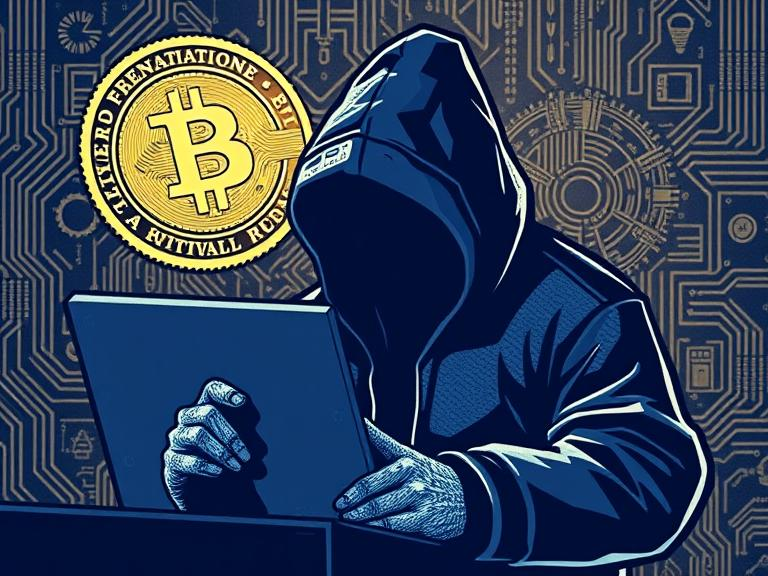Security in the crypto space remains a top concern in 2025. Despite technological advances, millions in digital assets are still lost each year to hacks, phishing attacks, and mismanagement of private keys. At offline conferences, security is one of the most in-demand topics among investors, developers, and wallet providers.
Cold wallets—devices or storage methods kept offline—are widely considered the safest way to store crypto. Unlike hot wallets connected to the internet, cold wallets are immune to most forms of remote hacking. However, they come with their own risks, such as physical theft, loss, or destruction.
Private keys are at the heart of self-custody. Whoever holds the key controls the assets. This has led to new forms of education around key management, seed phrase backups, and multisignature wallets. Hardware wallets from companies like Ledger and Trezor are standard among serious users, but not everyone knows how to use them properly.
New wallet innovations aim to solve the usability-security gap. Smart contract wallets with social recovery features, biometrics, and integrated encryption are becoming more popular. These tools make crypto more accessible to everyday users while maintaining strong security.
For businesses, multi-layered security is now expected. Cold storage solutions for institutions, compliance with security standards, and real-time monitoring systems are essential. Exchanges and DeFi platforms are under constant pressure to improve audits and user protections.
Offline conferences offer hands-on workshops where users can learn about wallet setup, phishing detection, and recovery options. In a decentralized world, you are your own bank—and that means security must be your top priority.

Leave a Reply